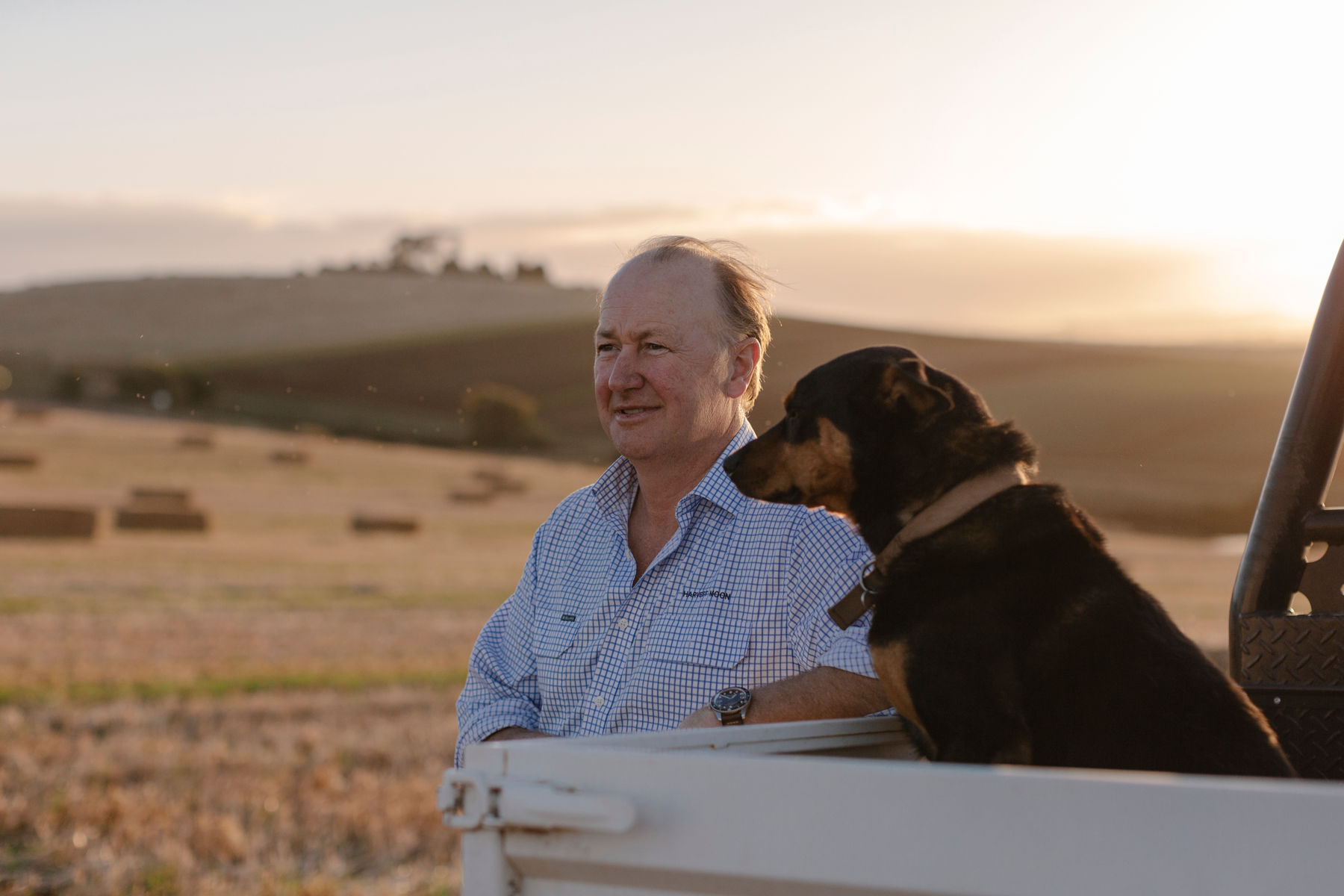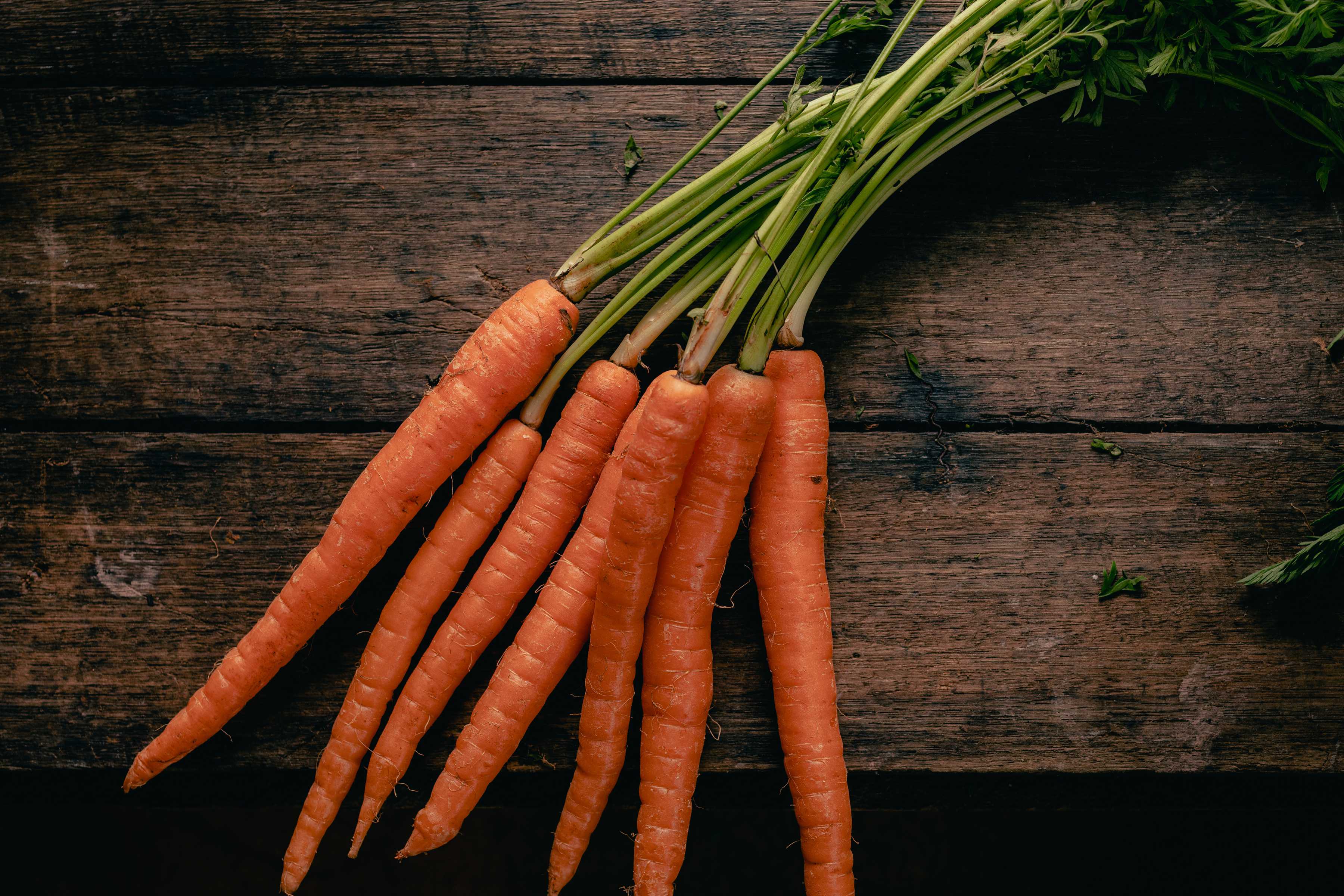
Mark Kable of Harvest Moon
Read more

Tasmania produces high quality carrots which are sweet in flavour and crisp with freshness.
The state produces about 3% of national production worth some $43 million annually. It is the second largest producer of carrots after Western Australia and sells into the domestic market with 9% of production going into export markets.
Key export markets for Tasmanian carrots are United Arab Emirates, Malaysia, Singapore, Japan and Hong Kong. The majority of exporting takes place from January to June each year.
Carrot production is focused in the Devonport-Forth area, this region offers favourable Ferrosol soils and stable climatic conditions.
The Central North West region accounts for 90–95% of Tasmania’s production volume, and is able to supply the domestic market with carrots from January to August.
Processing accounts for 25–30% of Tasmania’s annual carrot production. The largest vegetable processor in the state supplies the majority of domestically produced processed carrots in Australia.
December–June
Carrots are harvested in these months but available until October
Mojo and Nantes
49,285MT
$43M
2,320MT
Trade data source Australian Horticulture Statistics Handbook 2022/23
Being a remote island surrounded by water and aided by a robust biosecurity system, Tasmania remains free from many plant-related pests and diseases. This freedom means our produce can be exported with minimal, if any, phytosanitary treatment.
Tasmanian carrots are grown predominantly in the Central North West region of the state.
“Our healthy Tasmanian volcanic red soils and cool growing seasons enable us to produce premium vegetables that are very flavoursome and firm allowing our produce to store and be exported with excellent outcomes for the purchaser.”
Tasmania’s relative pest free status offers trade opportunities for importing countries seeking access to Tasmanian grown produce.
This information is extracted from the Department of Agriculture Fisheries and Forestry’s Manual of Importing Country Requirements which is frequently updated. Please validate this information before proceeding further.
The importing country has no phytosanitary restrictions for entry into the market.
Open to Tasmania, without requiring any phytosanitary treatment.
No arrangements have been developed to make trade between the two countries possible, or trade is currently not allowed.
Through the generations our growers feel the pulse of the seasons and heartbeat of this land. They understand what thrives here — they take the time to grow produce with care. Meet some of our passionate, committed and knowledgeable Tasmanian growers…
Submit your interest and we will share your details with Tasmanian growers.